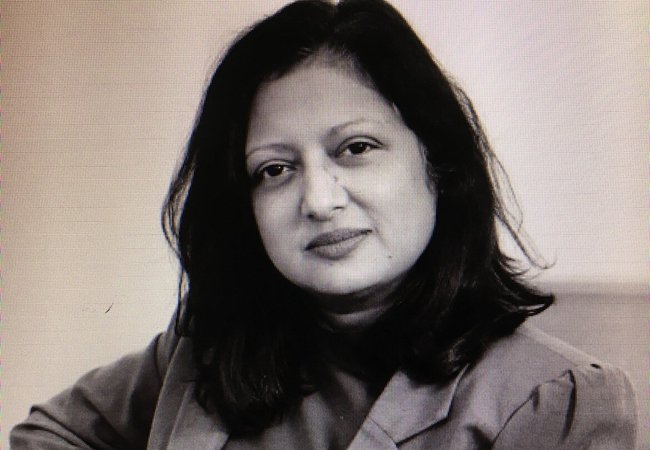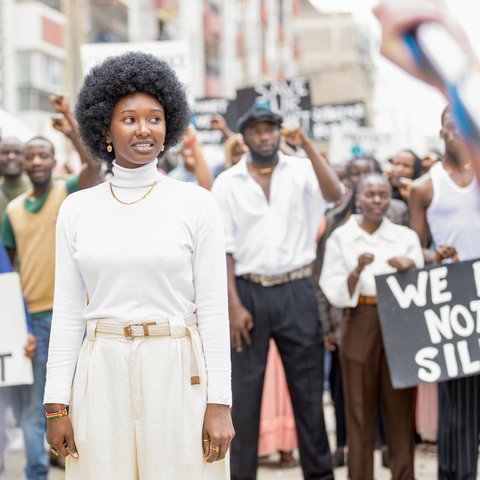Although people are in a celebratory mood, Diwali is also a time for remembering ancestors and reinforcing family ties through family gatherings.
It is with this in mind that nurturing family values, as well as family planning and protection is at the heart of every Hindu. During this time, generations of families come together to celebrate and reinforce family values, responsibilities and future planning. And although talking about Wills may not seem very festive, it can serve as a sign of love and care for those who are dearest to you.
For me, Will writing has never been just a legal process. It is deeply connected to my cultural values, family responsibilities and the honouring of both our past and future. Growing up in a community where family ties are strong, I have always been aware of the importance placed on caring for the next generation. And these festivals, traditions, and rituals remind us of our duty to provide for loved ones and to respect the wishes of our families at present and those who have passed on.
As a culture, expressing affection can sometimes be difficult and it is often through certain practical acts that our love is shown. Over the years, I've noticed people often avoid discussing death or money because these topics are challenging. But such avoidance can lead to uncertainty or conflict. Over time these experiences have shaped my belief that a Will is not merely a legal document—it is an act of love, duty, care, and responsibility towards one’s family.
As a solicitor working with families over many years, I have seen both sides of the story. When a clear, well-considered Will is in place, families find comfort and clarity during difficult times. Where there is no Will, or an outdated one, however, loved ones are left with uncertainty, legal complexity, and sometimes disputes that strain relationships.



